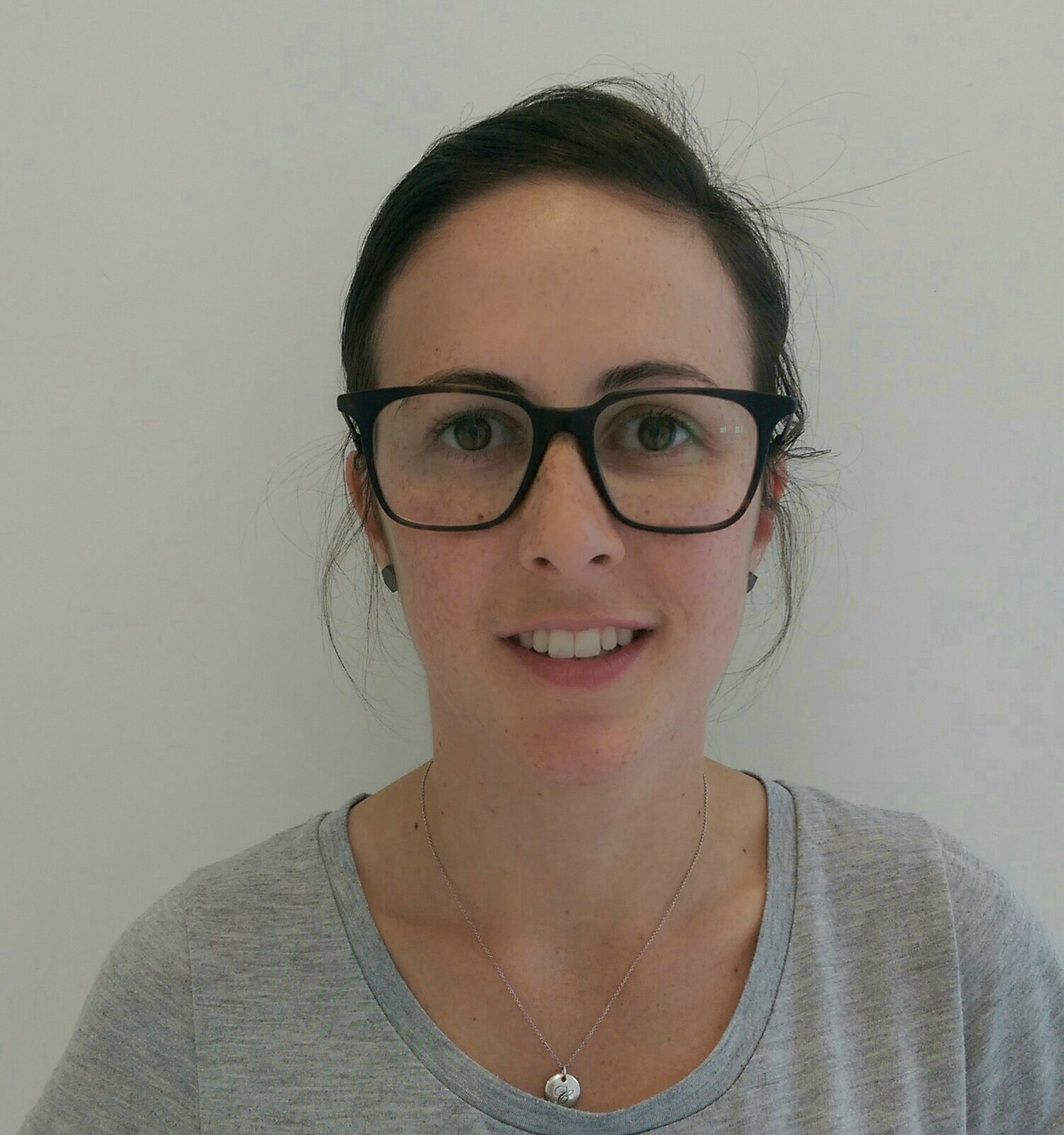Don’t lean back before you are at the point where you actually need to lean back. If you really want a research career … Don’t start thinking ‘oh in two years’ time I want to have a family so I better not take that position today’ (Williams, 2015)
This quote has resonated with me ever since I heard it at the Institute of Sport, Exercise and Active Living (ISEAL) panel of women in research. Dr Williams paraphrased Sheryl Sandberg (2013), noting that women who work in research are less likely to take opportunities and move into leadership positions.
Equal opportunity for women in the research workforce is generating great consideration in various fields, for example in sport and exercise science. Although there is increased consideration, the Institute of Sport, Exercise and Active Living (ISEAL) at Victoria University only has a 1:3 ratio of females to males on staff. A disproportionate number of female academics may lead to reduced opportunities of mentorship and role models for young female HDRs (Committee for Economic Development of Australia, 2013).
With these points in mind, an expert panel of women in research was organised by ISEAL. The panel consisted of Victoria University’s Professor Michele Grossman, director and research program leader for the Centre for Cultural Diversity and Wellbeing; Associate Professor Clare Hanlon, sport management discipline leader; Dr Jacqueline Williams, senior lecturer in Motor Control; Victoria and Federation University’s Associate Professor Rochelle Eime; and La Trobe University’s Associate Professor Robyn Murphy, Department of Biochemistry and Genetics. Each woman on the panel is a recognised leader in their respective disciplines.
Institutions are the key to change
The panel discussed the importance of mentors and role models, how they benefited young female academics, and the distinct differences between the two. The panel considered mentors to be anyone who provided guidance and opportunities, whether it is female or male. A role model was someone that the women looked up to; a woman whom they may not have known directly, but shaped in various ways who these women wanted to become professionally.
Gender equality is not merely about increasing the number of women in leadership for mentoring opportunities. The increased visibility of women in leadership is positive; however, all panellists agreed that systemic institutional changes are required to facilitate equality. These institutional changes included: titles associated to administrative tasks (i.e. men were more likely than women to be given administrative roles with a title attached, such as supervisor, or mentor) and the security of academic positions, especially in the face of short term contracts, pregnancy, carers leave, and maternity leave. All of the women agreed that institutions are the key to achieving equality. Additionally, with the current NHMRC requirement of gender equity in health and medical science fields at academic institutions coming into effect as of 2016, Professor Michele Grossman (2015) noted “We need to have a good, hard, and continuing look at the culture change that we need, to make that improvement (to foster institutional change)”.
Through practices such as accountability of public figures and leaders to attain equality in the workplace, we can provide greater opportunities for women and all aim for gender equity in the workplace. It is up to everyone, especially those in leadership roles, to provide support, and guidance, to tell early career researchers to take that leap, and not shy away from greater pursuits in academia. When we have great mentors to guide us and a system in place that allows for equal opportunity, then we can succeed.
Aiming high
I sat watching some incredibly strong, passionate, and inspiring women discuss the barriers they have faced, but what shone through was their passion for what they do. Make sacrifices if it is what you love, aim high, look to those who have done it and don’t lean back.
References:
Derby, S.J., 2013, CEDA Overview: Understanding the gender gap, in Committee for Economic Development of Australia, Women in Leadership: Understanding the gender gap, pp.12-22.
Grossman, M., 2015, ‘Women in Research: Issues, Opportunities, and Best practice toward Gender Equality’, ISEAL Q&A Panel – Women in Research, presented at Victoria University, Melbourne.
Sandberg, S., 2013, Lean in: Women, Work, and the Will to Lead, Ebury Publishing, UK
Williams, J., 2015, ‘Women in Research: Issues, Opportunities, and Best practice toward Gender Equality’, ISEAL Q&A Panel – Women in Research, presented at Victoria University, Melbourne.
About the author:
Caitlin Hone y is a PhD student in the Institute of Sport, Exercise and Active Living (ISEAL), Victoria University. She is a sport sociologist, and her current research focusses on organised sport for children. With expertise in sport and health policy analysis Caitlin has adopted social theories, such as works by Foucault. Caitlin is the ISEAL seminar series coordinator and serves on the Higher Degree by Research representative panel. A member of ISEAL’s Sport, Development and Cultural Diversity research group, Caitlin has a particular interest in gender equality and inclusion.
y is a PhD student in the Institute of Sport, Exercise and Active Living (ISEAL), Victoria University. She is a sport sociologist, and her current research focusses on organised sport for children. With expertise in sport and health policy analysis Caitlin has adopted social theories, such as works by Foucault. Caitlin is the ISEAL seminar series coordinator and serves on the Higher Degree by Research representative panel. A member of ISEAL’s Sport, Development and Cultural Diversity research group, Caitlin has a particular interest in gender equality and inclusion.